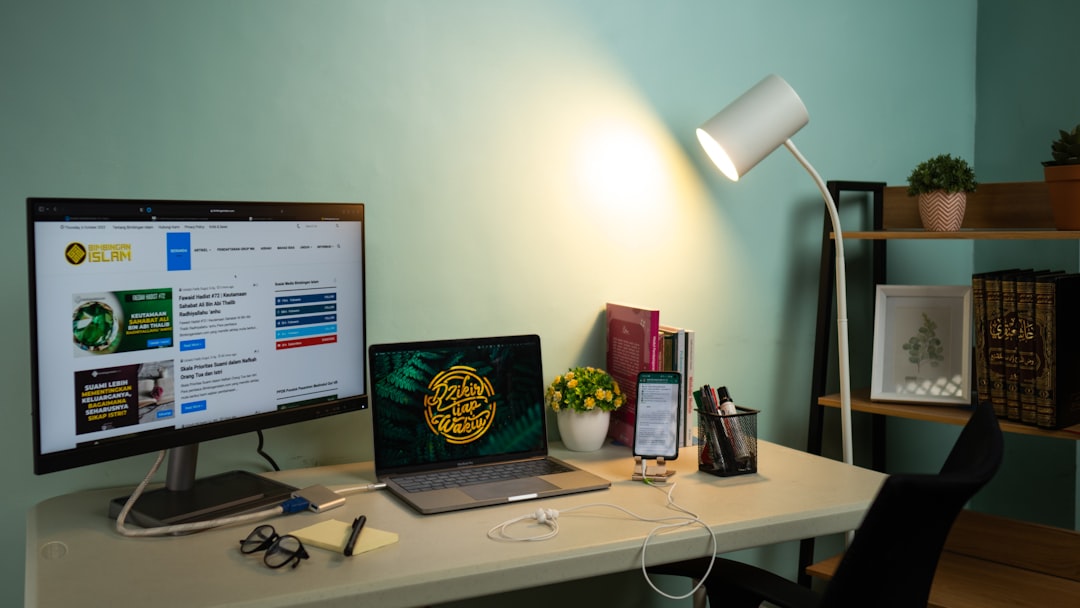If you’ve already accumulated some experience in the care industry, you’ll know just how incredibly rewarding it can be.
Giving back to other people is a selfless and wonderful act of kindness which helps keep people healthy, happy and alive.
However, all of these amazing responsibilities can take its toll if you work yourself into the ground, taking on too many hours and forgetting to reward yourself with a bit of “me” time.
Like any industry, work-life balance is imperative to a person’s health, both physically and mentally.
In fact, it’s an area which we briefly covered in our previous post based around mental health within the care industry.
Research also revealed that over a third of British people feel stressed for at least one full day a week.
With this in mind, we’ve put together a quick guide to help you establish a healthy work-life balance.
What is a work-life balance?
In it’s simplest form, a work-life balance is a term given to the number of hours you dedicate in your life to your job and yourself.
For the latter, this can include hobbies, spending time with your family, socialising, relaxing, doing exercise and so on.
As you’ll probably spend a lot of your life at work, you should make sure that you don’t constantly work extra hours (whenever possible) and always take a bit of time to do the things that make you happy.
Your exact balance depends on your age, career goals and lifestyle.
So, if you’re young and don’t have a family, you may not feel like you need as much time to yourself as you’re hungry to earn money and learn more while you can.
Whereas, if you have a lot of commitments, you may need to reassess your work-life balance to ensure that you’re giving enough attention to the people that mean the most to you.
Why is it important to get your work-life balance right?
Think of work-life balance as a scale.
If you weigh this out evenly, you’ll give yourself the very best chance of remaining positive and healthy.
However, if you work too hard and take on more overtime, accept unnecessary contracts and stay late every day, it can lead to a break down in relationships at home, significantly impact your work performance and lead to stress.
On the flip side, if you take the time to adjust your work-life balance, it will help you:
- Avoid burning yourself out – this can make you feel sleepy, snappy, moody and irrational, which can play a massive role in your decision making and the things you say. If you don’t address this, you could come across as short-tempered to your boss and upset people at home as well.
- Reduce stress – this is one of the biggest growing issues in both permanent and temporary roles today. Making sure you utilise your time off between shifts to do the things you love will give you an opportunity to unwind mentally and enjoy yourself. If you don’t, it could cause serious mental health issues and personal distress.
- Reach your goals – as the old saying goes: “work smarter, not harder”. You see, if you work tirelessly, it doesn’t necessarily mean that you’re going to earn more in the long run and achieve further success. In fact, it could result in your standard of work dropping, which may jeopardise any future openings.
How to achieve a healthy work-life balance?
Before you make any drastic changes and start reassessing your next temporary role, it’s vital that you sit down and have a think about what is right for you.
Ask yourself:
- Do you always feel tired?
- Is it a struggle to get out of bed knowing you have a long day ahead of you?
- When was the last time you did something for yourself?
- Did you work more than 37.5 hours last week?
- What are the priorities in your life?
- What activities qualify as fun/life ones?
Once you answer all of these questions, you should be able to understand whether you need to dedicate more time to your life away from work or not.
To successfully achieve this, you must create realistic boundaries between your working hours and time away from it.
For instance, once you’ve clocked out of work, you should change into normal clothes and avoid checking your emails.
It’s these small things that help you mentally create a barrier, allowing you to easily switch off and use the time outside of work to focus on other elements in your life.
One of the biggest mistakes a lot of people make is classing socialising and family activities as “me” time.
The issue in doing this is that you’re still thinking about others – which is what you do every day in your care job.
It may sound selfish, but finding just five minutes or even an hour to have a bath, go for a run or do something that you enjoy can do you a world of good.
Naturally, if your activity can involve your family or friends (i.e. like the cinema), then that’s great – you can satisfy both yourself and the ones around you.
The final thing to think about is teaching yourself to say no.
It’s so tempting to accept overtime as you want to earn more money or because you feel pressured to do so.
Assess how your body feels and ask yourself the previous questions – then you’ll be able to work out whether you should take on more work.
Final thoughts
All-in-all, you have to recognise what your mind and body needs.
It’s easy for us to sit here and say you need X amount of hours to unwind, but it might not work for you.
If you’re feeling exhausted all the time, maybe it’s time to start reassessing your work-life balance.
Always make small changes first to see how your body reacts, recording the results in a diary.
This way, you’ll quickly realise what is required to keep you happy at home and performing to the best of your abilities at work.





